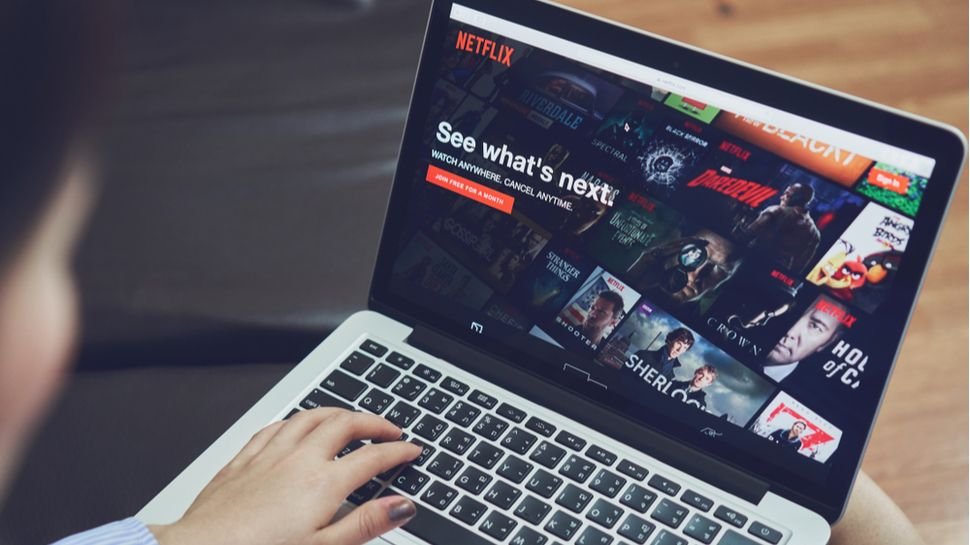

The EU has asked content providers such as YouTube and Netflix to limit their services to ease the burden on broadband networks due to increased traffic. It is feared that the networks will collapse under the momentum of content streaming, online gaming and remote work caused by the coronavirus pandemic. Although providers insist that network infrastructure can cope with fluctuations in traffic, Brussels has asked streaming services to limit content to standard definition, as opposed to high definition or 4K, and for users to consider reduce data consumption.
Internet connection Coronavirus
Home broadband is well equipped to handle overnight spikes, but social distancing and quarantine policies introduced by governments around the world further exacerbate these periods of high traffic. Scott Petty, technical director of British telecommunications company Vodafone, said peak traffic is no longer limited to afternoons, but now runs from noon to 9 p.m. Meanwhile, Telecom Italia posted a 75% increase in Italian data traffic over the weekend, with online games like Fortnite and Call of Duty accounting for a large part of the jump. According to Thierry Breton, the European commissioner in charge of digital policy, telecommunications companies, content platforms and users share a "common responsibility to take measures to ensure the proper functioning of the Internet" during quarantine periods. Netflix acknowledged that the extra traffic could cause problems, but pointed to existing measures that allow the company to adjust the resolution of content according to available bandwidth. "Commissioner Breton is right to stress the importance of ensuring the internet continues to function properly during this critical period," a Netflix spokesperson said. "We have been focused on network efficiency for many years, including providing our open connection service to telcos free of charge." Via Financial Times

